As our lives become increasingly intertwined with the digital world, concerns over privacy and security online continue to mount. With headlines about data breaches, cyber-attacks and government surveillance programs splashed across the news regularly, for many experts the question is not if our personal information and activities are being tracked and monitored - but just how much. According to Dr. Newal Chaudhary, advocate at Supreme court of Nepal and author of "The Art of Cyber Law & Cyber Crimes", "We generate tons of digital exhaust simply going about our daily business on our devices and online that can potentially be intercepted and aggregated to form very detailed profiles about our habits, interests, identities and more."
This data is enormously valuable to both cyber criminals seeking financial and identity theft opportunities as well as legitimate businesses aiming to precisely target advertising or other services, and in the wake of 9/11 and subsequent terror attacks globally, government security agencies have also taken an intense interest in developing vast digital surveillance capabilities. Their goal ostensibly to identify threats and prevent attacks before they occur, but with the sheer amount of personal data available today, concerns arise over what checks exist on who can access this information and for what purposes. Risks around abuse of power or "mission creep" where data meant only for terrorism investigations is utilized to monitor activists, journalists or other lawful activities. In a world where digital privacy barely exists, anonymity allows a way to still express opinions or organize movements without fear of persecution or prosecution , and that's where Dr. Chaudhary recommends employing virtual private networks, commonly known as VPNs, to safeguard online privacy and promote digital anonymity.
How VPNs Work to Provide Online Anonymity:
VPN creates an encrypted tunnel between your device and the wider internet, hiding your digital activity and scrambling your device's unique identifying addresses.
Put simply, a VPN creates an encrypted tunnel between your device and the wider internet, hiding your digital activity and scrambling your device's unique identifying addresses. So rather than connecting directly through your Internet Service Provider (ISP) or network, all of your online traffic first passes through an intermediary VPN server which then forwards it out to the web. This VPN server could be located anywhere globally, meaning geo-restricted content can be accessed. But critically for anonymity purposes, any external parties will only see the IP address of the VPN server itself rather than that of your personal device. This makes tracing web browsing, purchases, messaging and other history back to a specific person vastly more complicated if not impossible in most cases. Chaudhary elaborates, "By adding a VPN into the mix between your device and the wider internet, you prevent the various trackers, analytics tools, intermediaries and other third parties from piecing together a clear picture of your digital footprint across multiple sites and services. Your anonymized web traffic gets mixed in with that of thousands of other VPN users from all over the world, obscuring your digital trail." VPNs preclude even your own internet provider from logging and selling records of the websites you visit, files you download or who you exchange emails with to data aggregators. They allow activists, journalists and whistleblowers in repressive regimes to communicate more freely without immediate detection. Of course, no technology is 100% foolproof if targeted by a state-level adversary with enough resources. But for the vast majority of ordinary citizens looking to take back some privacy, VPNs remain highly effective.
Picking the Best VPN for Your Needs:
Not all VPN providers live up to the same standards however when it comes to user policies and protections. Cheap or free VPN services more likely log user data, sell it to third parties or rely on untrustworthy infrastructure. When shopping for a reliable privacy-focused VPN, Chaudhary advises keeping several key considerations in mind:
Location - What countries are the VPN Company legally based in and required to comply with in terms of data retention or release? Are they part of intelligence sharing agreements that negate certain privacy protections?
Encryption & Protocols - Does the VPN utilize modern encryption standards for securing data transmissions? Are connections reliably routing traffic only through the VPN tunnel?
Logging Policies - What specific user data does the provider log, for how long and accessible by whom? Strict no traffic/activity logging policies are ideal.
Network Ownership - Does the provider fully control all VPN servers and network infrastructure? Renting from third parties raises security risks.
Reputation - Checking independent audits and transparency reports can help validate marketing claims around privacy.
Anonymity Policies - No email addresses or payment data linking usage back to identities. Options to pay anonymously via gift cards, cryptocurrencies or cash are most private.
Jurisdiction - Being outside the legal reach of intrusive governments like members of the Five Eyes intelligence alliance (United States, Canada, United Kingdom, Australia and New Zealand) provides protection against compelled data sharing.
Failing to do due diligence on the above factors when selecting your VPN could severely compromise the very anonymization such tools are meant to be used for according to Chaudhary. Once identifying data leaks, anonymization largely becomes impossible.
Striking the Right Balance:
Connection speeds can be slower routing traffic through intermediary servers, streaming sites may block access from certain VPN IP addresses, and configuring the software on some devices is more complicated.
Of course, despite their privacy benefits, VPNs also come with some downsides users should keep in mind. Connection speeds can be slower routing traffic through intermediary servers, streaming sites may block access from certain VPN IP addresses, and configuring the software on some devices is more complicated. Government agencies and law enforcement often criticize the technology for hampering investigations as well as enabling criminal behavior and while encrypting web traffic does make mass surveillance more difficult, it can also provide cover for those set on orchestrating hacks, spreading malware or distributing illicit materials away from authorities' prying eyes. Especially if coupled with other anonymizing tools like Tor and cryptocurrencies. Still, Chaudhary contends such potential downsides do not negate citizens' rights to basic privacy tools. He concludes, "VPNs provide a reasonable balance - hiding the metadata, geolocation tags and identifiers that tech and data companies are constantly collecting on us while allowing institutions to still seek proper legal warrants should they have legitimate cause for needing specific user information in special cases. We shouldn't have to give up all sense of individual privacy as collateral damage in global cyber security and intelligence efforts." So if looking to browse, message and digitally engage with the outside world freely without constantly feeling observed or profiled in the process, employing a reputable VPN may offer citizens and consumers that extra layer of anonymity worth protecting. Even if simply wanting some added peace of mind against cyber criminals, who Chaudhary warns grow more sophisticated and brazen each passing year. Ultimately digital privacy exists on a spectrum. Total anonymity remains difficult if not impossible to guarantee in today's highly networked world. Using a combination of privacy-enhancing technologies like VPNs and approaches focused on data minimization and security hygiene, we can still work to reveal less of our digital fingerprints out into the ether each day. Small acts of limiting data leakage that collectively might help preserve some freedoms into the future most would agree form the bedrock upon which an open society rests.
यो सामाग्री हाम्रा पाठकले पोस्ट गर्नु भएको हो । यसमा हामीले शुद्धाशुद्धी तथा भाषागत त्रुटीलाई हेरेका छैनौं । यसबाट पर्न गएको असुविधाप्रति क्षमा गर्नुहोला । – सम्पादक



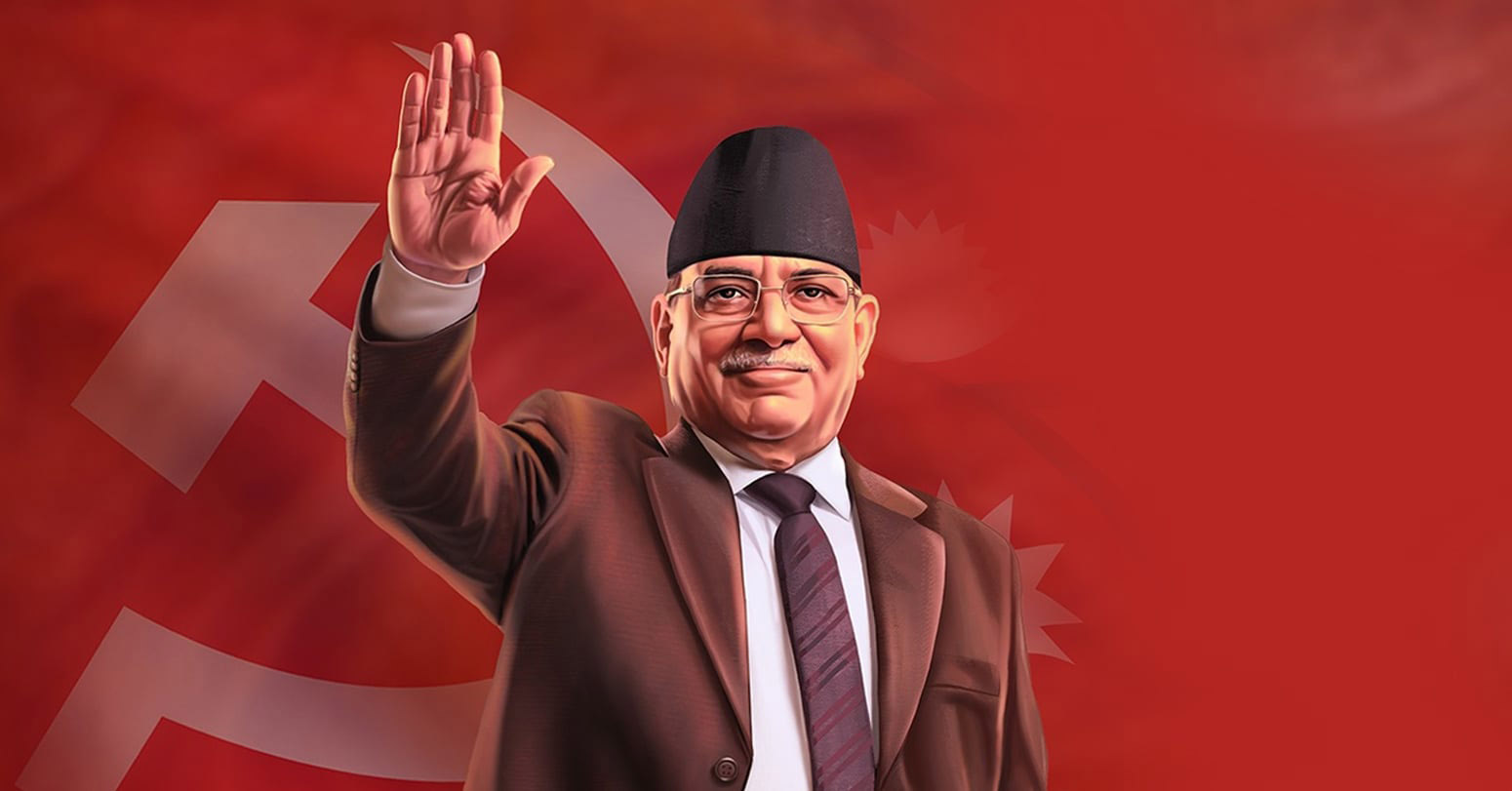
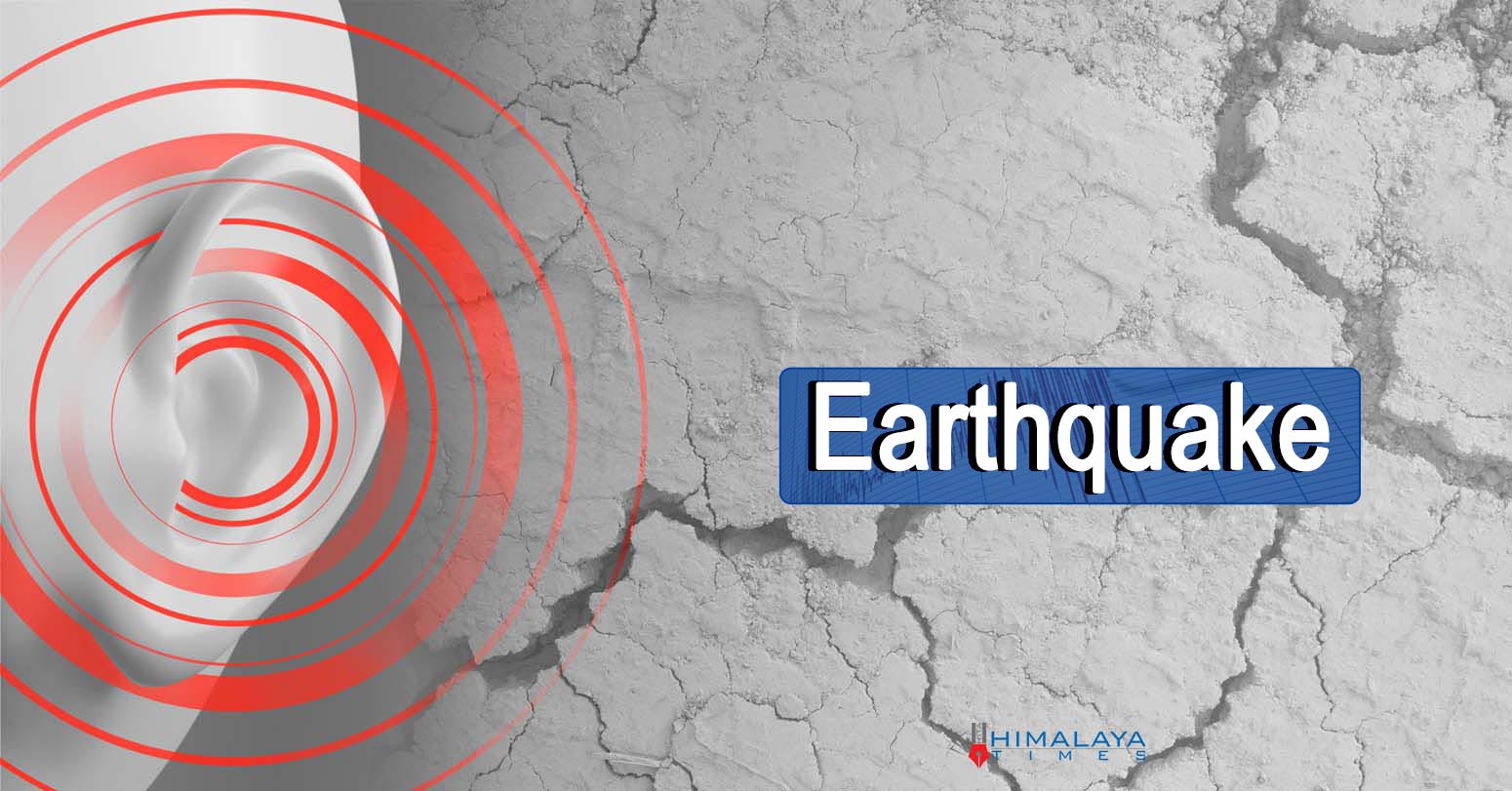

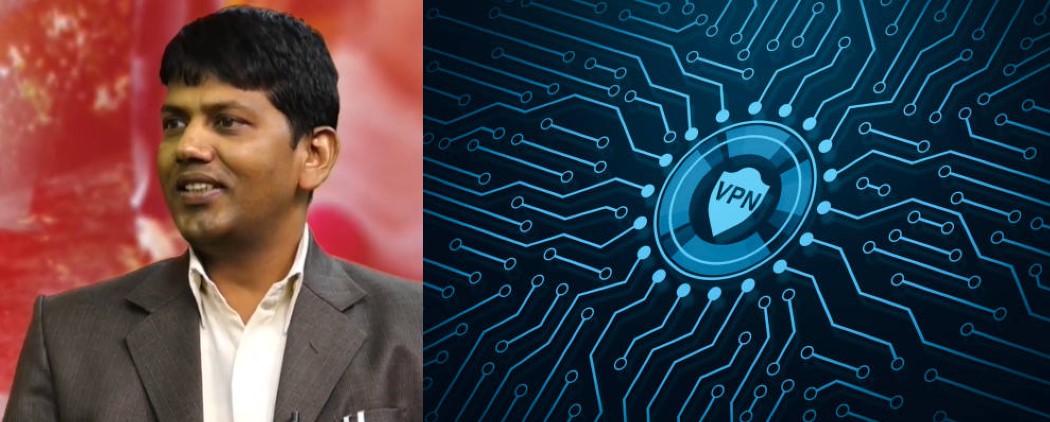
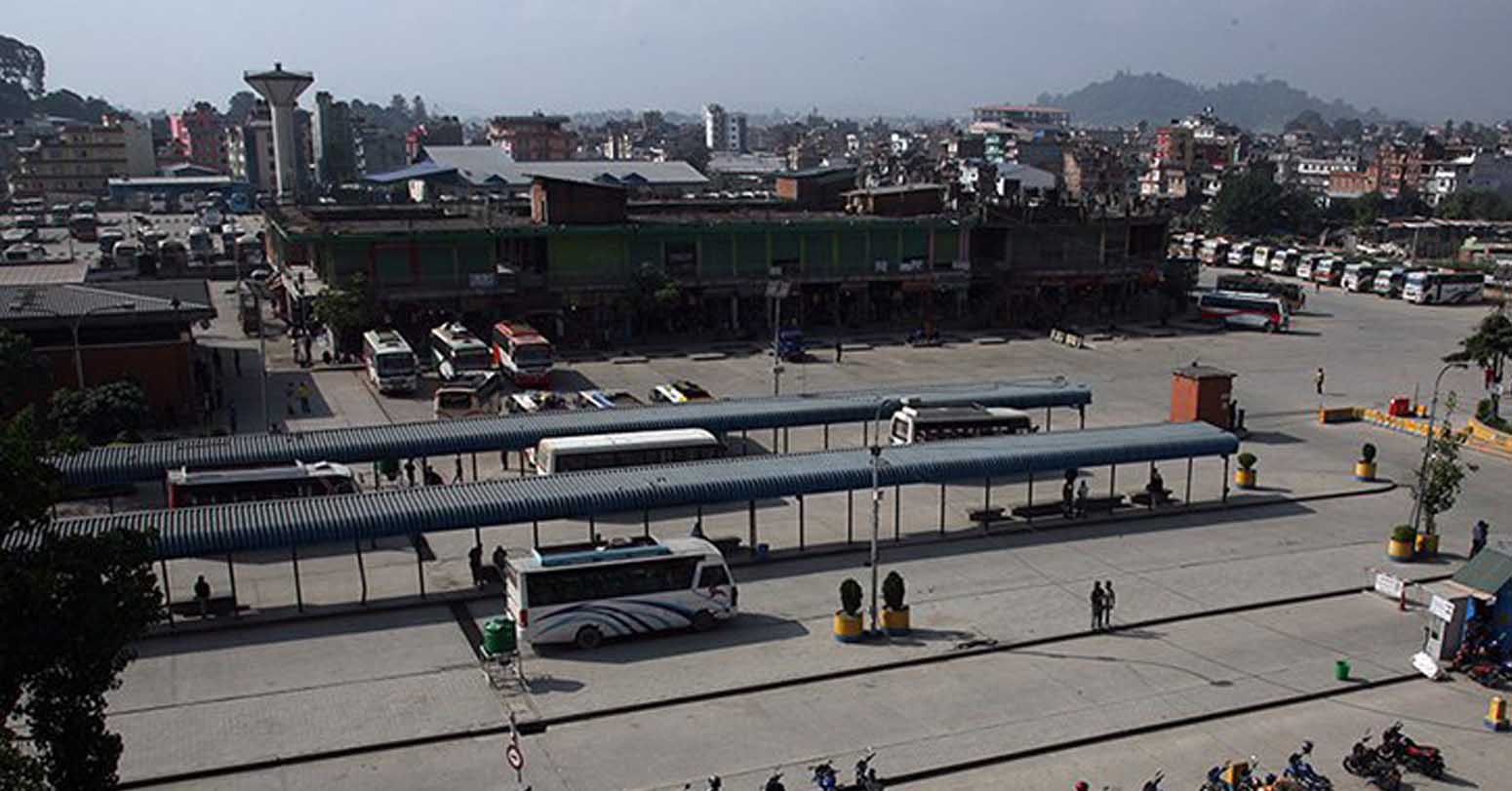




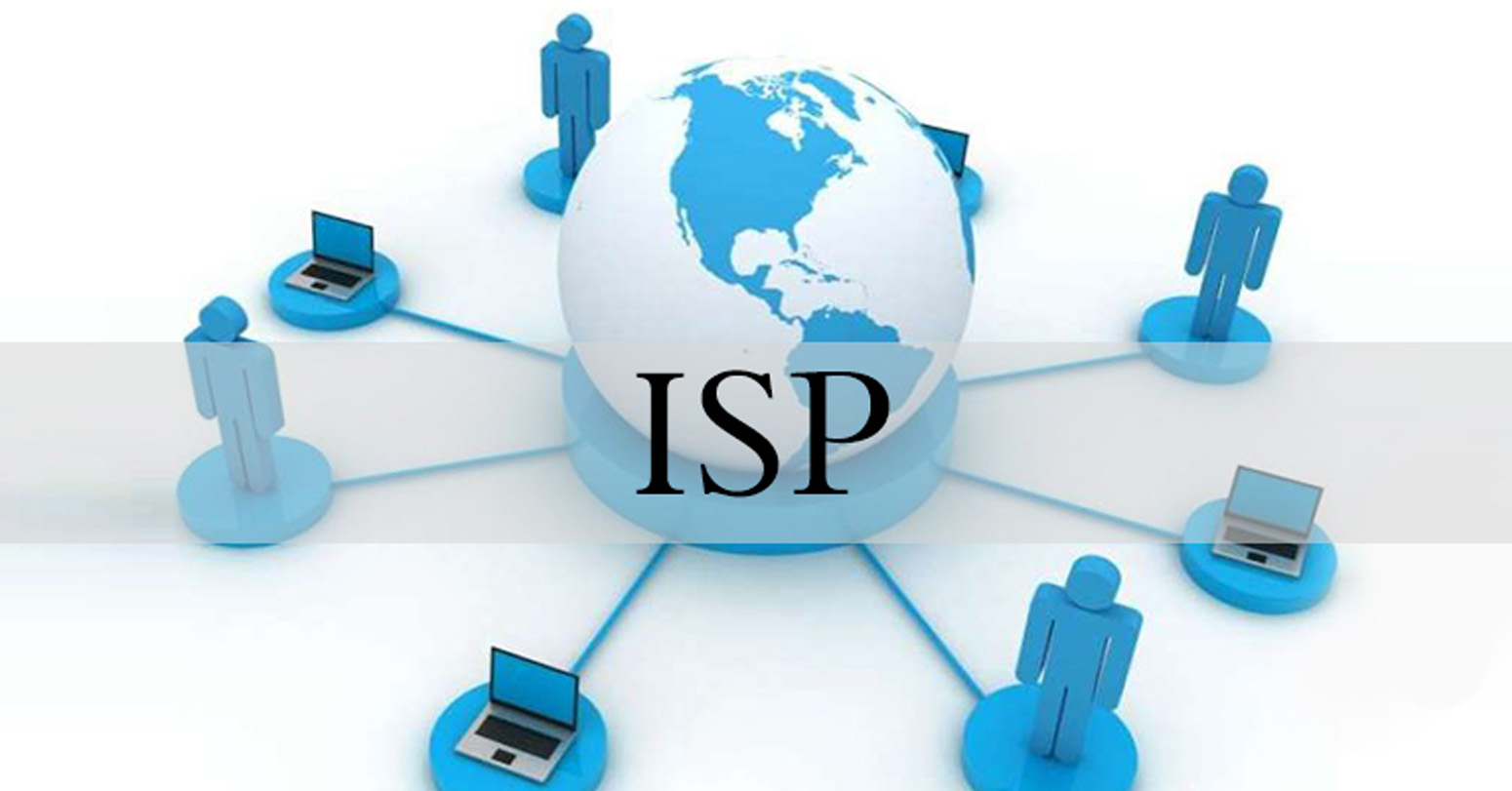

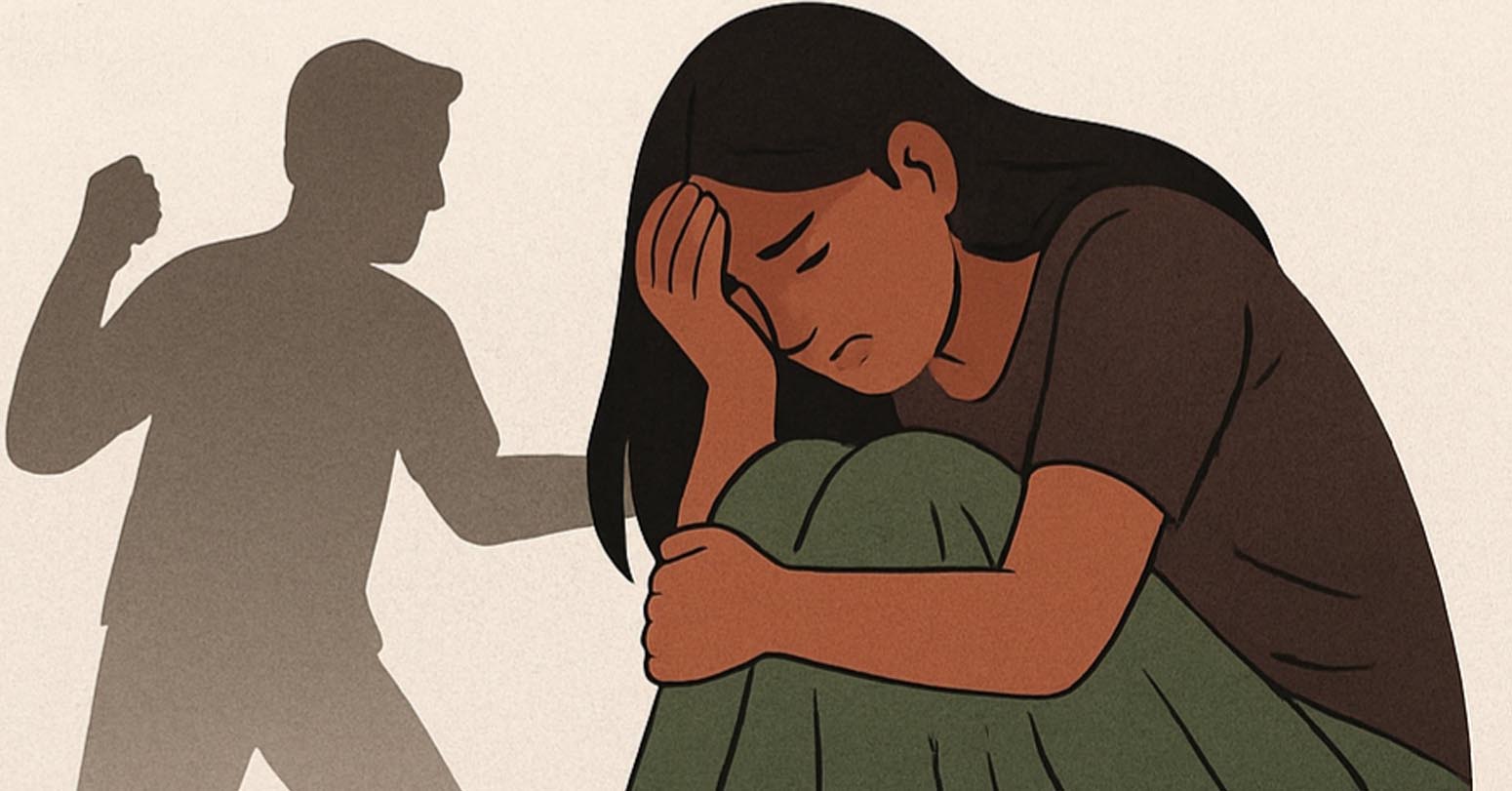
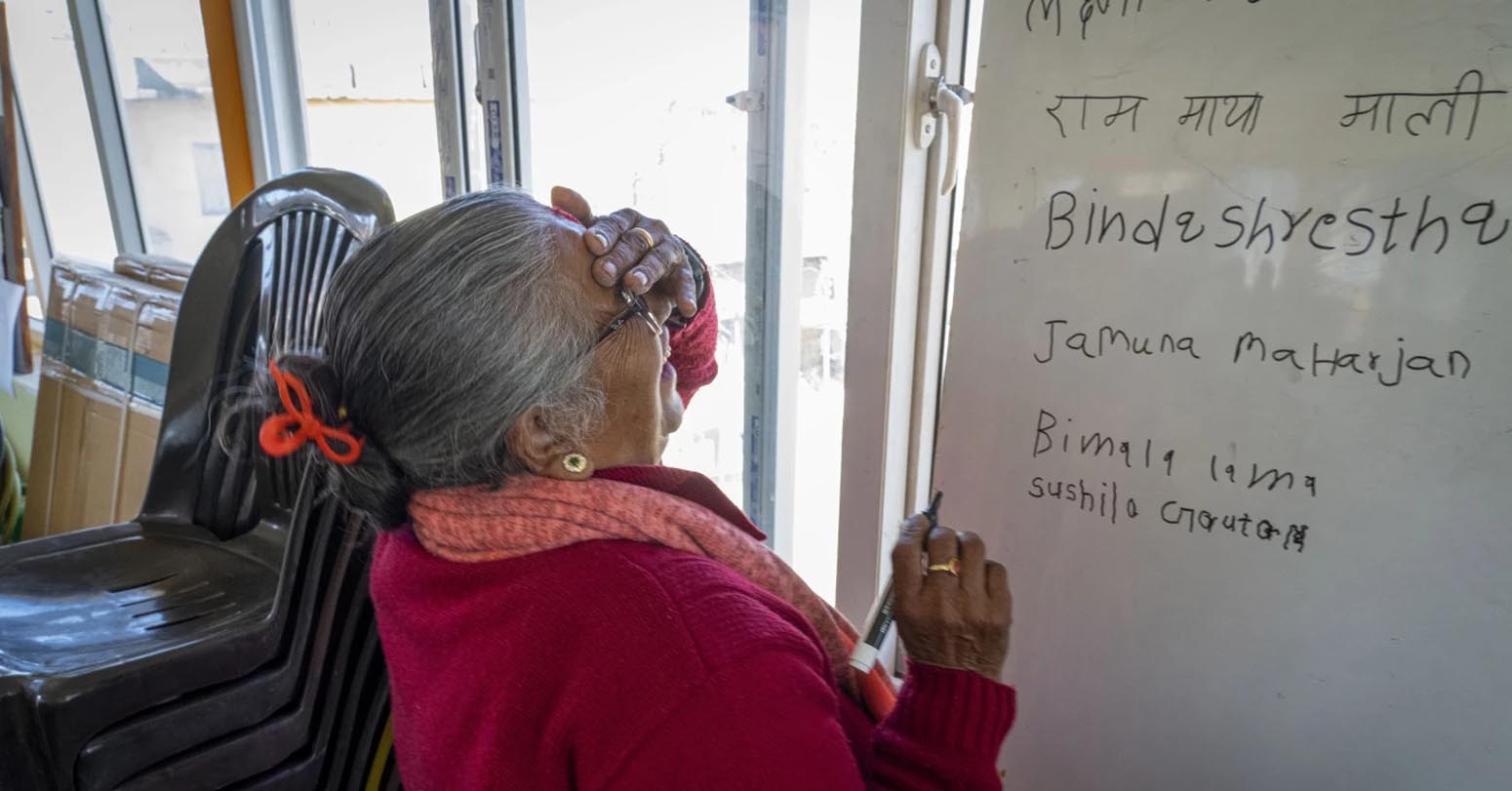
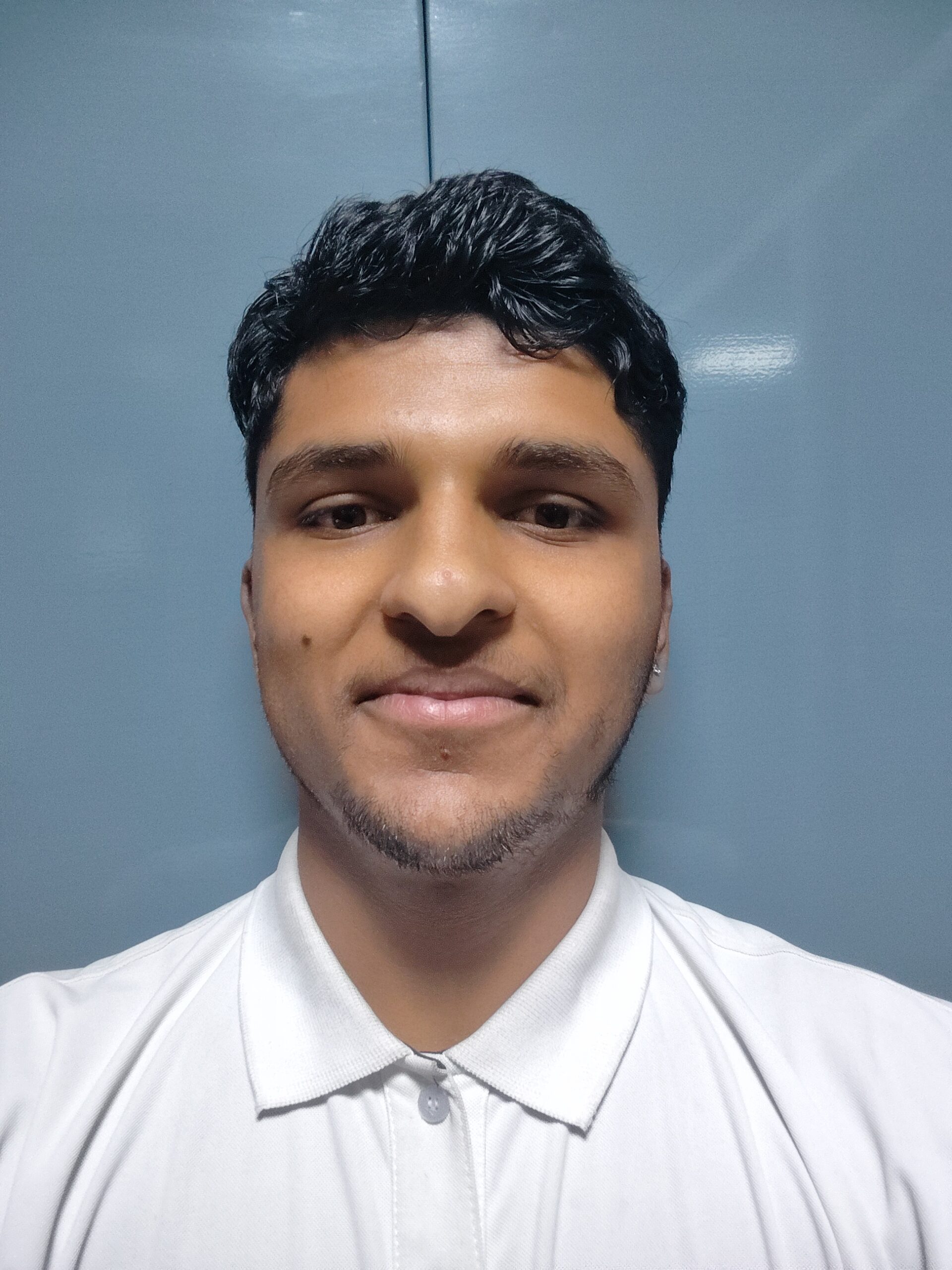


Middle-aged man spends millions to
Dr. Dharam Raj Upadhyay: Man
Children, Greatest Victims Of Sudan’s
Breathing The Unbreathable Air
Comprehensive Data Protection Law Critically
Gender Differences In Mental Healthcare